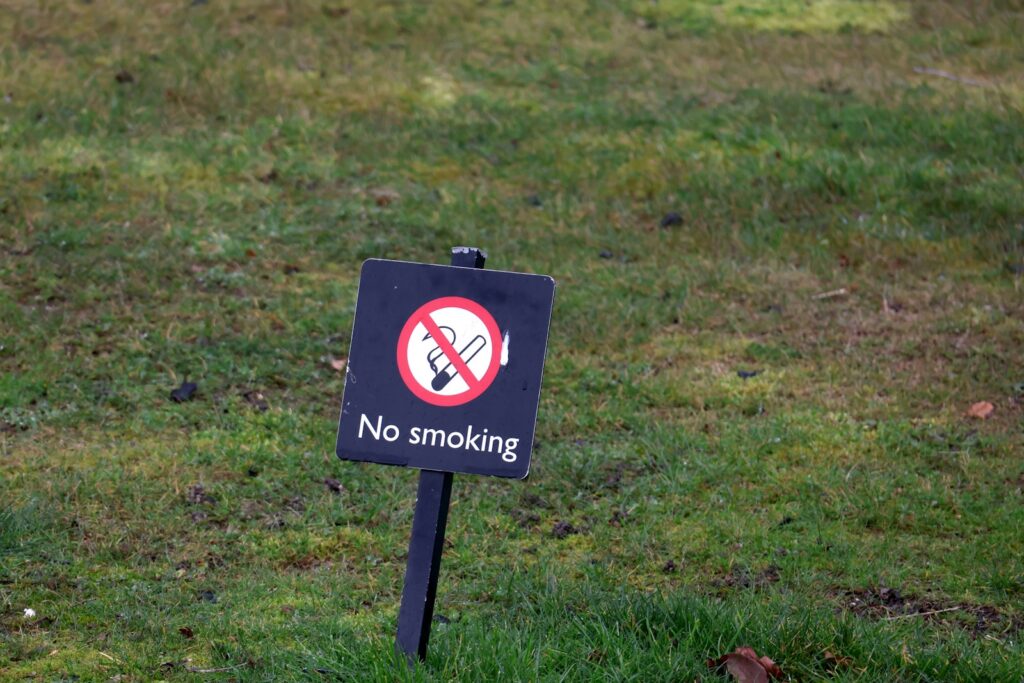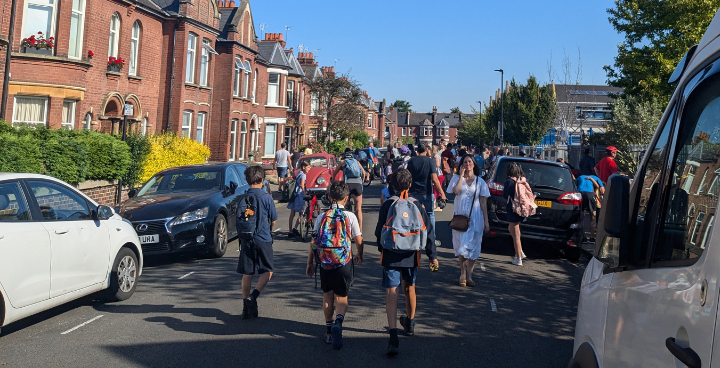The share of electric vehicles in UK car club fleets has declined for the first time, falling from 35% in 2023 to 30% in 2024, according to figures from Collaborative Mobility UK (CoMoUK).
While EVs still make up a much larger proportion of car club vehicles compared to private ownership- where only 4% are electric – the decline signals growing challenges for shared mobility operators.
CoMoUK attributes the downturn to rising operational costs and changes in government policy. A new briefing reveals that running a car club EV now costs around £6,276 more annually than a petrol vehicle.
Key cost drivers include the lack of access to reduced domestic electricity VAT rates and higher public charging fees.
Additionally, the financial incentives that originally encouraged EV adoption are disappearing: EVs are no longer exempt from Vehicle Excise Duty and, from the end of this year, will be subject to London’s congestion charge.
In addition to financial barriers, user hesitation also plays a role. Some members prefer petrol vehicles due to concerns over EV charging, range limitations, and unfamiliarity with electric models.
CoMoUK warns that without supportive policy changes at both national and local levels, car clubs will struggle to maintain momentum in reducing transport emissions. The organisation emphasizes the urgent need for targeted interventions to ensure EVs remain viable in the shared mobility sector.
The charity says that action needs to be taken at a national and local level, before it becomes more difficult for car clubs to achieve the reduction in emissions that operators want.
Richard Dilks, chief executive of CoMoUK, said: ‘The fall in the proportion of electric vehicles within UK car club fleets is unprecedented and concerning, and illustrates the intense cost pressures being faced by operators.
‘Car clubs have led the way in the shift to electric, and when you consider that only 4 per cent of privately-owned vehicles are EVs, they are still way ahead in this regard.
‘However, there is a risk that this good progress will be lost unless action is taken at both a local and national level to ensure that operators aren’t being unfairly penalised.
‘We urgently need more dedicated car club parking bays with charging stations, as well as a range of discounts and tax exemptions, if we are to encourage this growing sector to be as green as everyone wants it to be.’
James Taylor, general manager of Zipcar UK, said: ‘Zipcar is proud of the progress we have made to electrify our fleet, introducing our first fully electric vehicle in 2018.
‘Since then, we’ve provided convenient, affordable access to electric vehicles to over 170,000 of our members who have driven an EV with us.
‘But with the increasing costs of operating an electric car club vehicle, this progress will be stalled unless there is further investment in dedicated car club infrastructure and measures to address the high costs of operation.’
Richard Falconer, founder of Co Wheels, said: ‘We are committed to increasing the number of electric vehicles in our fleet, but government rules on electricity pricing hold us back and cost our members money.
‘EV owners pay as little as 7p per kWh for electricity on cheap domestic rates, but we pay seven to 10 times that amount, so our charges to members have to cover that extra cost.
‘We want to use more EVs due to the environmental benefits, but they cost more to run than petrol vehicles, as the government adds VAT at 20 per cent for commercial electricity instead of the 5 per cent VAT on domestic electric. Plus there is no price cap on commercial electricity to keep prices down.
‘This discriminates against our members who choose to give up their vehicles to use shared cars. They pay much more than EV owners, so if the government wants to encourage the switch to electric vehicles, they need to change the rules to make pricing the same as EV owners who charge at home.’
Dan Gursel, head of Enterprise Car Club UK, said: ‘As EV consumer adoption and familiarity slowly increases, cost considerations will be vital in shaping car clubs that effectively cater to community needs.
‘EVs tend to have higher costs compared to internal combustion engine vehicles, underlining the importance of government support and collaboration to further support adoption within car clubs.’
Marc Roberts, chief technology officer at Hiyacar, said: ‘Until EVs become more cost-competitive, we risk delaying the full environmental benefits they can deliver. Car clubs already operate on razor-thin margins, and this gap is a huge barrier, preventing the transition to EVs and stopping people from realising the long-term benefits.’


















Leave a Reply